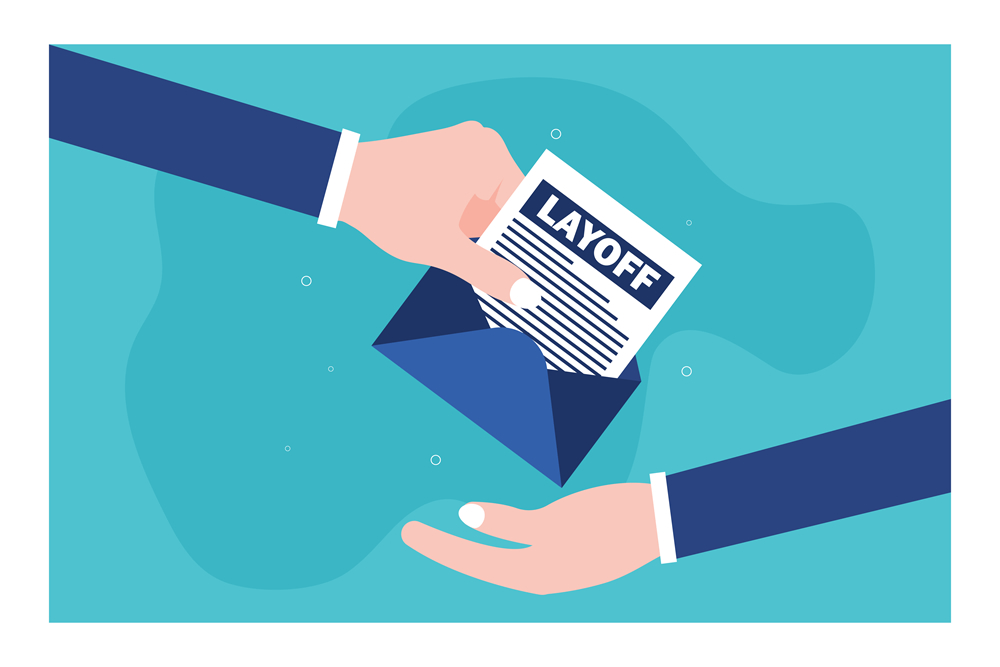Being laid off feels like a gut punch. As you transition, you might wonder what the ramifications would be if you tapped into your retirement savings. The general rule is to leave your 401(k) alone as long as possible unless you have enough money to retire early. However, tapping into your 401(k) may be the only option to help you stay afloat. Alternatively, you may be considering starting a business, and your 401(k) could be a way to turn that dream into reality. Many of these questions can only be answered with proper financial planning, where we can model the impact based on the size of assets, the size of withdrawals, and the time until retirement. Here are some things to keep in mind if you are considering tapping into your 401(k).
Since 401(k)s are designed for retirement, if you take a withdrawal before turning age 59½, you will have a 10% penalty on top of ordinary income taxes. For example, if you are in the 24% federal tax bracket, you would pay that, an additional 10% penalty, and your normal state income taxes (around 5% in Utah). That would be a loss of 39%. To net a $10,000 distribution from your 401(k), you would need to take out $16,393. Ouch!
If taking money from your 401(k) is your only option, below are a few ways to reduce taxes, avoid taxes, or escape the 10% penalty.
Reduce taxes
One tactic to reduce taxes is to split your income over two years. If you had a good amount of income during the year you were laid off, try delaying taking from your 401(k) until the following year, if possible. If you don’t have much income in the year following, you may end up in a lower tax bracket, and in that case, you would pay less in total tax.
Tax-free withdrawals
If you have contributed to your Roth 401(k) AND you have a Roth IRA that has been open for more than five years, you may be in luck. You may be able to roll over your Roth 401(k) into a Roth IRA and take out the contributions. Keep in mind that your Roth IRA must have been open for five years before you can take a distribution. Also, ensure you have clear records of how much you contributed versus how much your earnings are. If you take out the Roth earnings before you are over 59 ½, you will pay a 10% penalty.
Rollovers for Business Startups (ROBS)
If this was the nudge you needed to start a business, a good opportunity that most people haven’t heard of is a Rollover for Business Startups or ROBS. Your 401(k) must be over $50k, and you must find a company that will help you establish a self-directed 401(k). Then you can use the 401(k) to help fund your startup. Like everything, there are numerous caveats, and you should consult a qualified expert, CFP or CPA, to see if this is right for you.
Potential ways to avoid the 10% penalty
There are types of withdrawals that may avoid the 10% penalty, like paying health insurance premiums, federal taxes, or unreimbursed deductible medical expenses. You can also consider Substantially Equal Periodic Payments (AKA 72(t) distributions). Even though you still must pay ordinary income taxes, at least you would avoid the 10% penalty. While I can’t explain each of those in this article, know they are available. Please consult with one of our Certified Financial Planners (CFP) or a CPA to make sure you understand all the rules.
If you want to create a financial plan that would model the impact of your decisions, consult with one of our advisors to determine the right course for you. Our goal is to help you create security and then find independence and freedom.
Listen to a deep dive about whether to use your 401k or not if you lose your job on the Power Up Wealth podcast.




